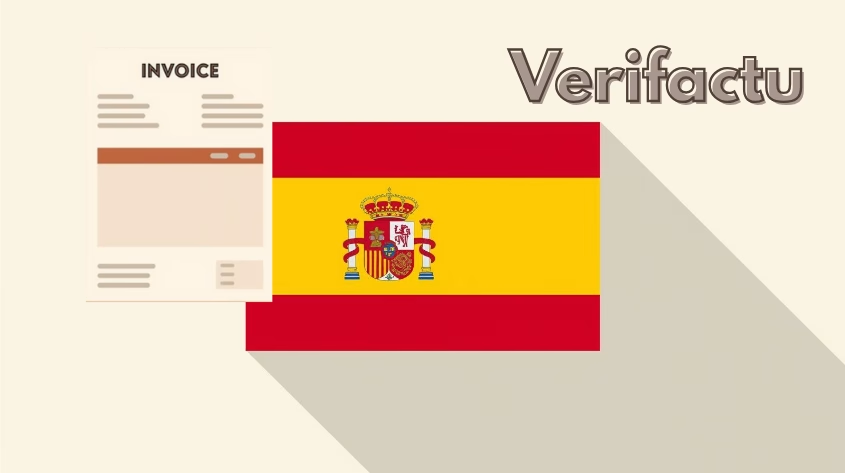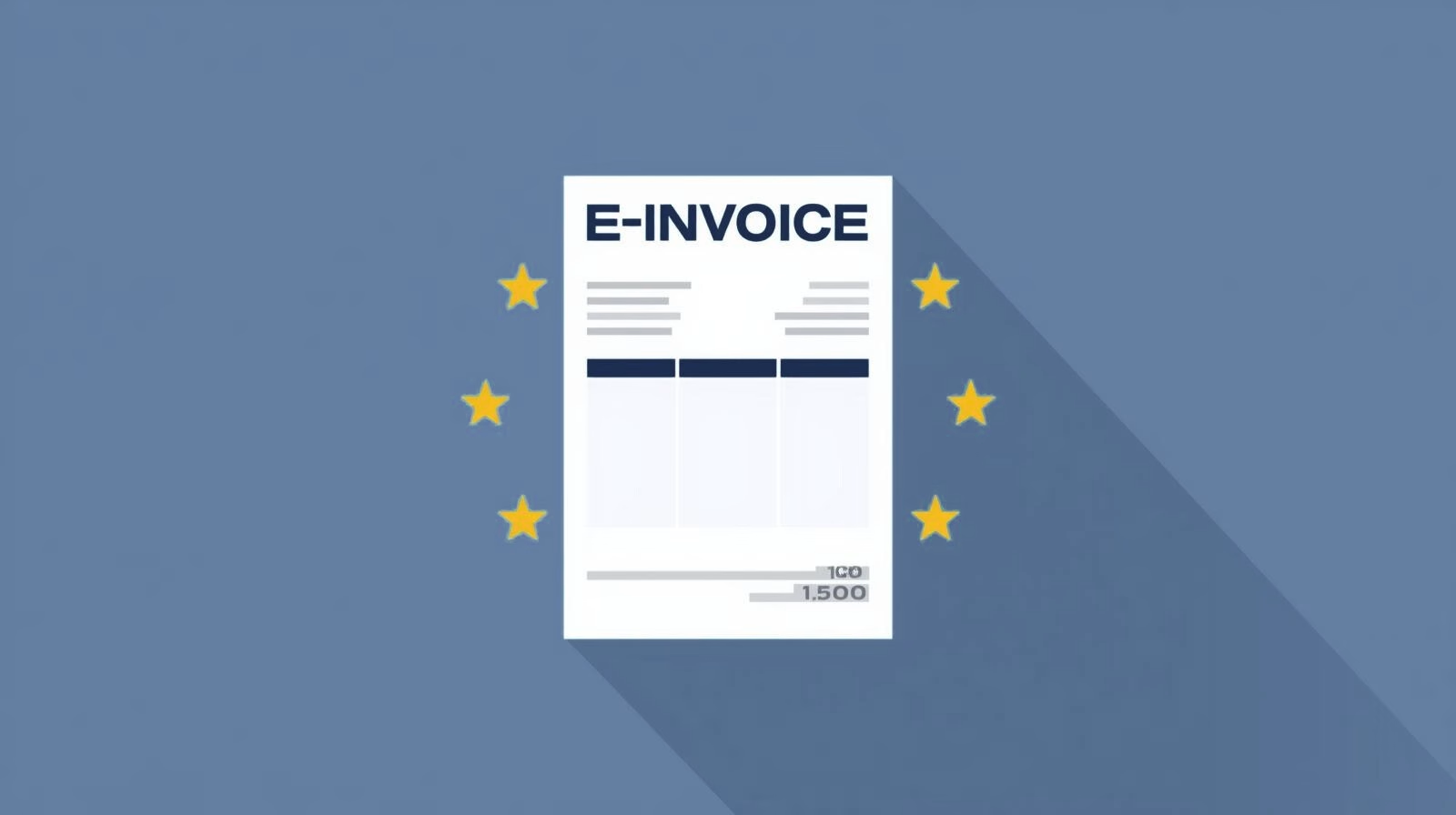Accumulation refers to the retention and reinvestment of earned income. Win instead of a distribution. Both companies and investment funds utilise this principle to strengthen capital and build up assets.

Detailed explanation/description:
The term "retention" comes from the Greek word thēsauros ("treasure house") and describes the non-distribution of profits in an economic context. Instead of paying these out to shareholders or partners, they remain in the company or fund and are reinvested. The aim is to strengthen the capital base, promote the company's development or increase the fund assets in the long term.
Retention in companies:
- Profits are not distributed, but are invested, for example, in projectsreserves or debt reduction.
- the Favourable treatment of retained earnings (§ 34a EStG) allows partnerships to tax retained profits at a reduced tax rate.
- Increases the equity ratio and improves creditworthiness.
Accumulation for investment funds:
- Profits are not distributed, but are automatically reinvested in the fund assets.
- Advantage: Compound interest effect leads to higher capital growth in the long term.
- Different tax regulations apply depending on the type of fund (domestic or foreign).
Taxation:
- Domestic accumulating funds: Capital gains tax is paid automatically.
- Foreign funds: Investors must declare income in their tax return.
- Irrespective of the distribution obligation, retained profits are generally taxable.
Key features/important aspects:
- Reinvestment instead of distribution
- Important for long-term wealth accumulation and financial stability
- Distinction between companies and investment funds required
Advantages/benefits (optional):
- Capital accumulation through compound interest
- Strengthening financial independence within the company
- Simplified asset management for investors
Best practices/instructions for use (optional):
- Long-term planning when utilising retained earnings
- Check tax regulations for funds carefully
Target group:
Investors, entrepreneurs, tax consultants, financial planners

Verifactu in Spain: the new invoicing obligation

The e-invoicing regulations in Europe

Versino Financial Suite V09.2025 for SAP Business One

Accounting outsourcing: Why it pays off for SMEs

CANDIS for SAP Business One
